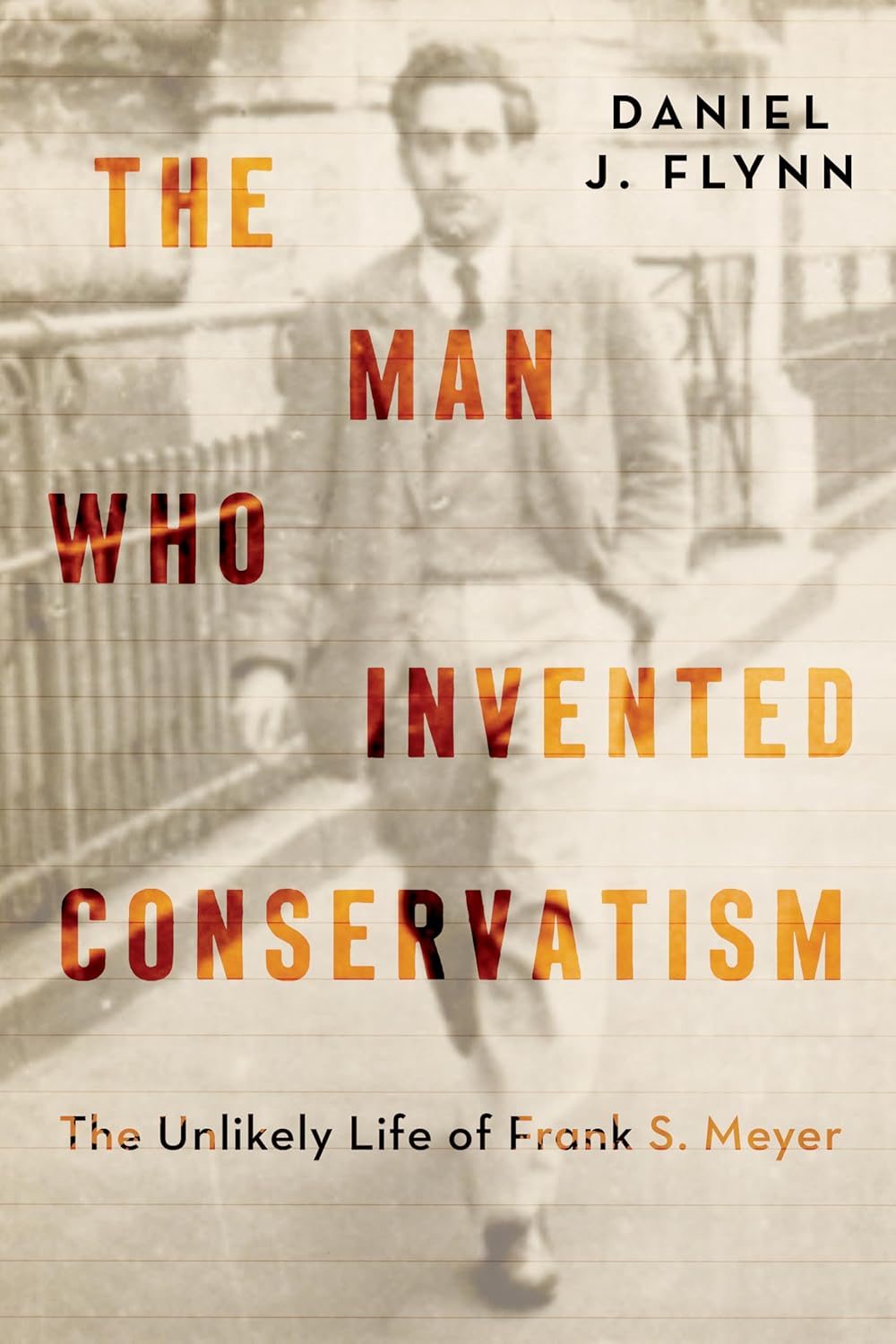“I have never experienced as relaxed—and at the same time as mentally taxing—a weekend,” reflected David Brudnoy, who later gained fame as a Boston talk radio host for more than a quarter century.
R. Emmett Tyrrell Jr., who started The American Spectator at Indiana University in 1967, made the pilgrimage with a teenage Bill Kristol, later founder of The Weekly Standard, before hosting Meyer as a campus speaker in late 1969. Kristol recalled arriving late to accommodate the host’s “crazy hours,” and the older man’s listening and not just lecturing. “He loved students,” Tyrrell understood. “He was a mentor to me and dozens of others, many of whom never went anywhere in life.”
Some went somewhere.
“I would occasionally have to take the bus up to Woodstock,” noted David Keene, a University of Wisconsin activist who later became chair of the American Conservative Union and then president of the National Rifle Association, “and be met by Elsie and arrive just about when Frank was getting up. I was tired. Then he would rage all night long, drinking . . . and we’d argue about this, that, and the other. You’d go home. Between these visits, you would invariably get calls at two in the morning asking you what the hell you had done for freedom that day.”
For Jameson Campaigne Jr., the encroachment of tsundoku, bombardment of impromptu poetry recitations and political stemwinders, envelopment of fireplace warmth and Kent cigarette smoke, and a yin calming her excitable yang marked visits. If it were merely about a social animal satiating his need, then Meyer might have hosted the more established Jameson Campaigne Sr., who was closer to his age, instead of his namesake.
“Meyer’s whole deal was what they call cadre building,” Campaigne reflected. “He was trying to create people to carry on for the next two or three or four decades.”
The young people in that ancient and uneven living room anchored the coming conservative movement. They became the leaders, talk radio hosts, college professors, activists, congressmen, judges, and journalists who impelled America rightward in the last quarter of the twentieth century. Meyer, a one-man counterculture to the counterculture, moulded conservatives in Woodstock.
